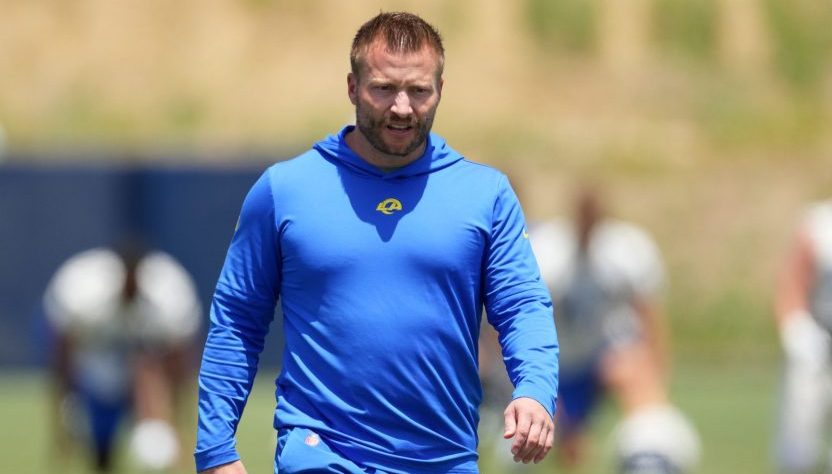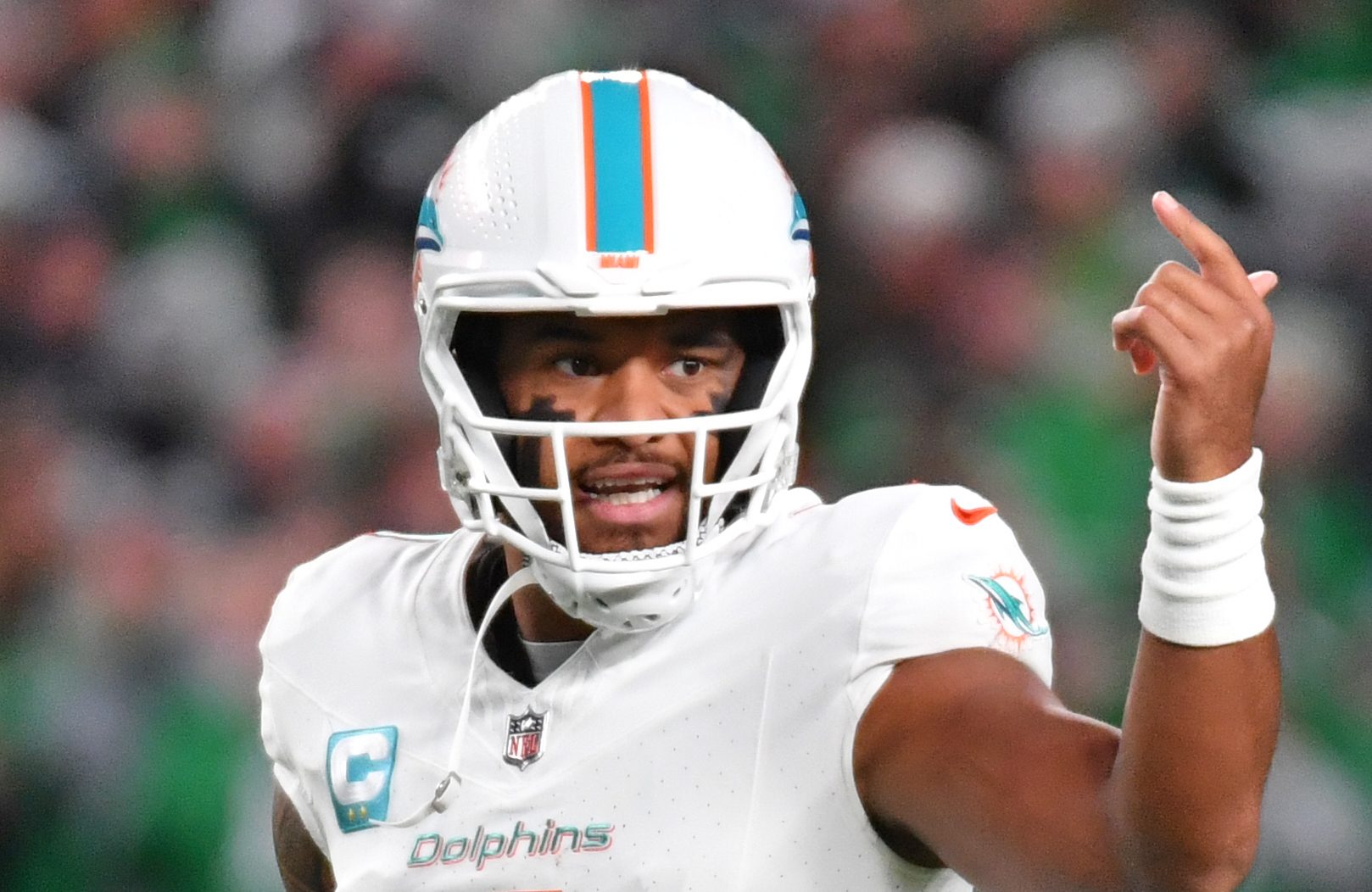In recent years, the NCAA has made changes to allow players to profit from their name, image, and likeness. While three-time national champion head coach Urban Meyer is very much a proponent of this change, he is certainly not happy with what it has become.
During a recent interview with Lou Holtz on The Lou Holtz Podcast, Urban Meyer explained that NIL in its purest form is a good thing, but he claimed that what it’s led to is “cheating.”
“I think NIL, and I sat in those committees for many, many years, I think it’s great. I think if it’s capitalism, for example, if a great player like Marvin Harrison Jr. And some car dealership in town wants to hire him, they want to put his name on a billboard and pay him money, sign autographs. He wants to put something on an Instagram or they sell that. But that’s not what’s happened, Coach. What’s happened is it’s cheating.”
Meyer is not happy that NIL collectives have begun essentially paying players for play and to commit to particular schools.
“And there’s these things called collectives, where they go out and get money from donors and they get this big, giant mass of money and they pay players. And that’s not what the intent is. That name and likeness, that’s America,” Meyer said.
“America is built on name and likeness. If you have Lou Holtz or Urban Meyer or Marvin Harrison Jr., C.J. Stroud. They want to go use their name and help sell cars, help a business – that’s great. But to have a 17-year-old demand money for a visit or pay these players a lot of money to go visit a charity for 20 minutes, and they write a check for $50,000. That’s cheating. That’s not what this is all about. So I’m very disappointed in where it went.
“I think the purpose or the reason for doing it is right. A player should be able to do that. And especially, think about this, Coach, these other sports. If you’re a woman basketball player like the great girl from Iowa, and they want to put her on a billboard and pay her, they should be able to do that. But that’s not what happened. What’s happened is the arms race of collecting money from donors, and the donors are simply paying players. And that’s what I understand is happening, and I don’t like that.”
Obviously, Meyer does not have to deal with this himself as he retired from coaching college football back in 2018. But as an analyst and observer, he’s not happy.







